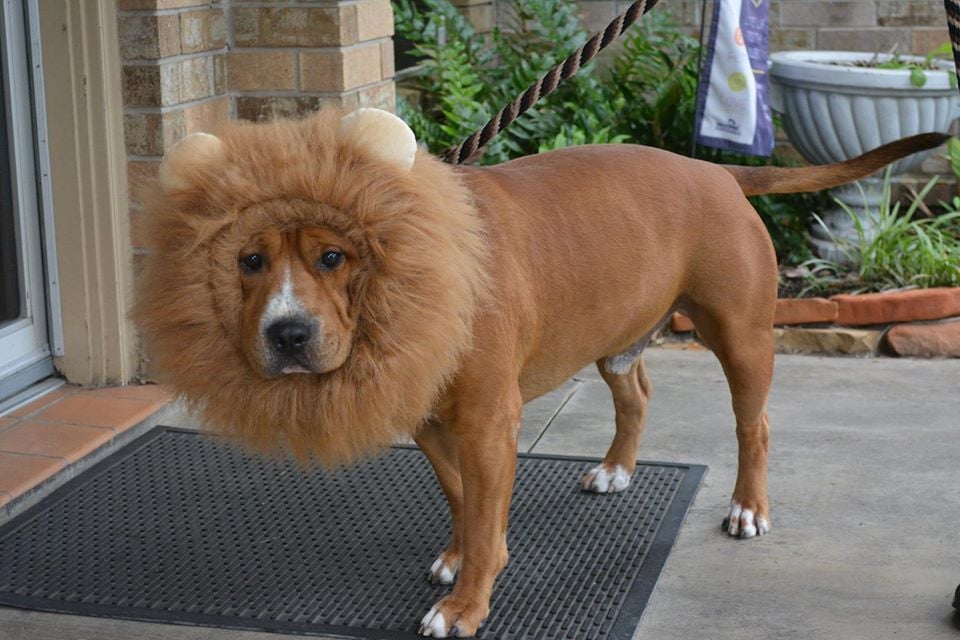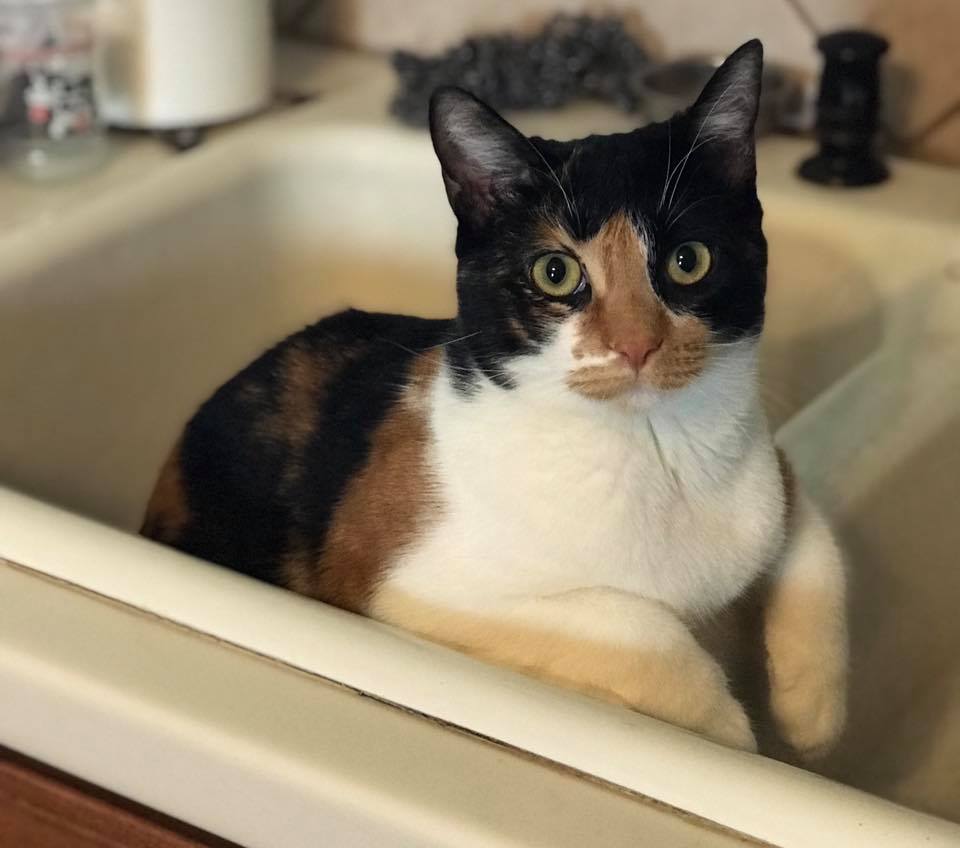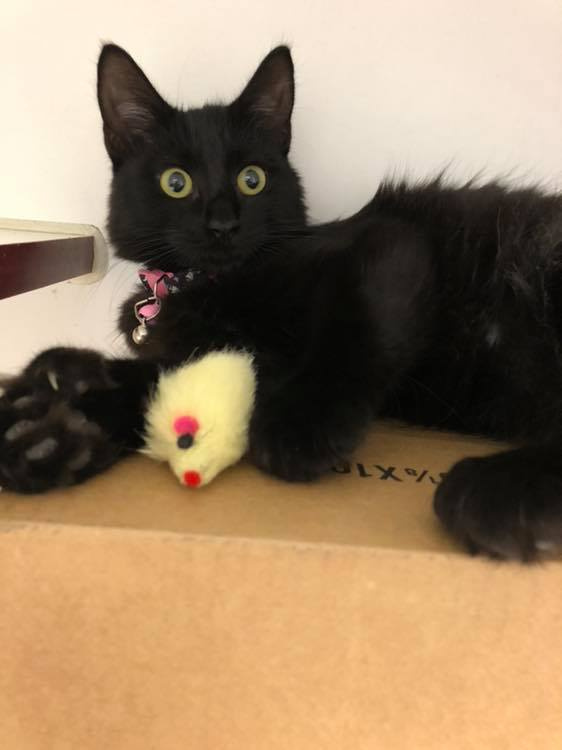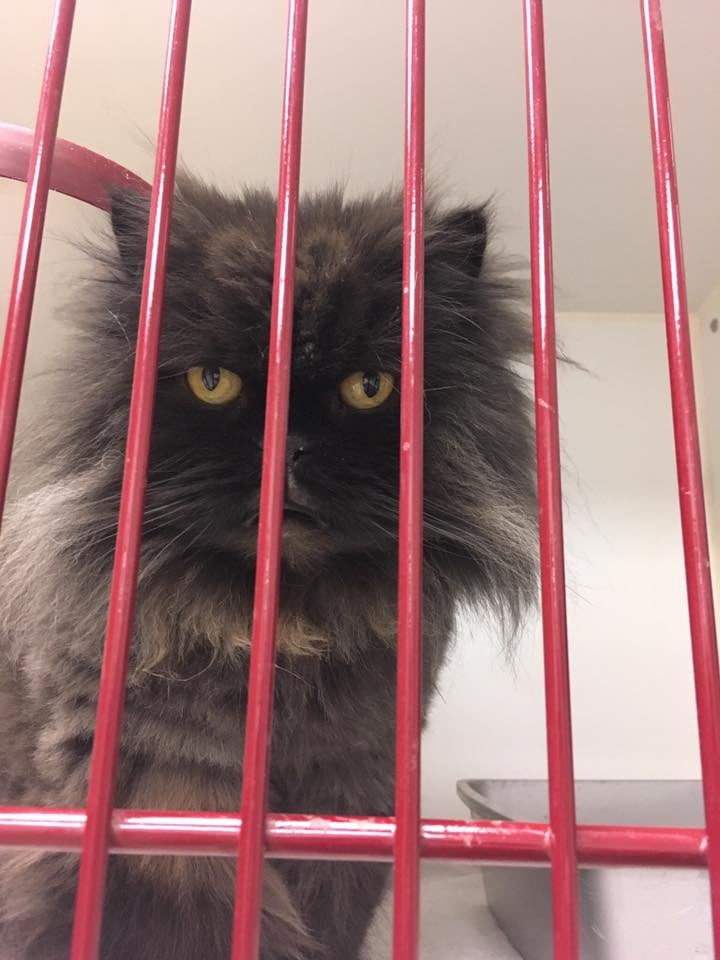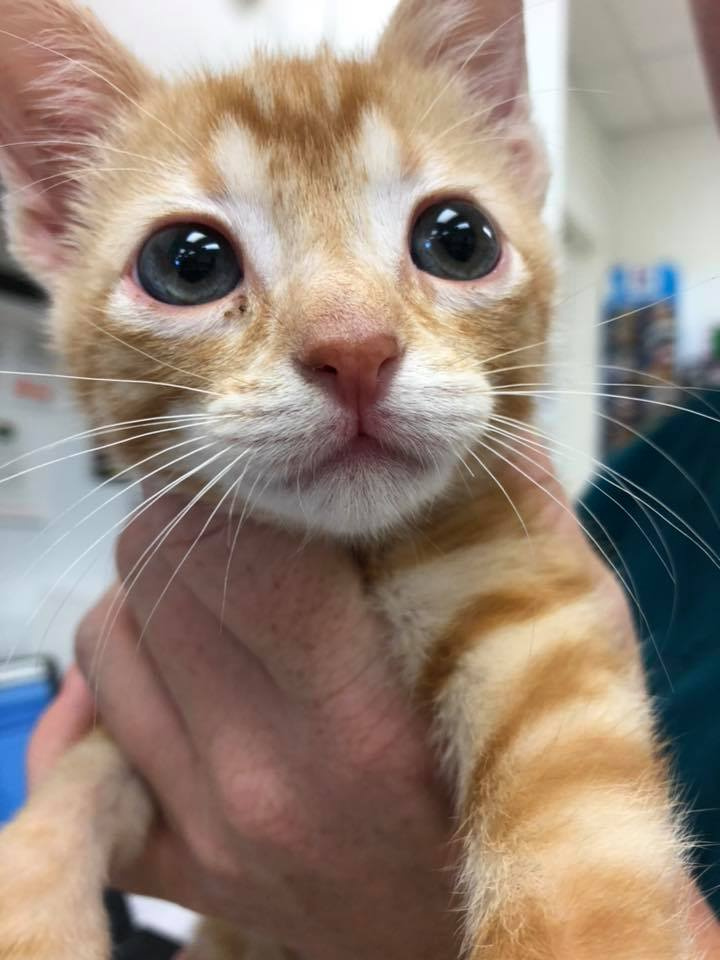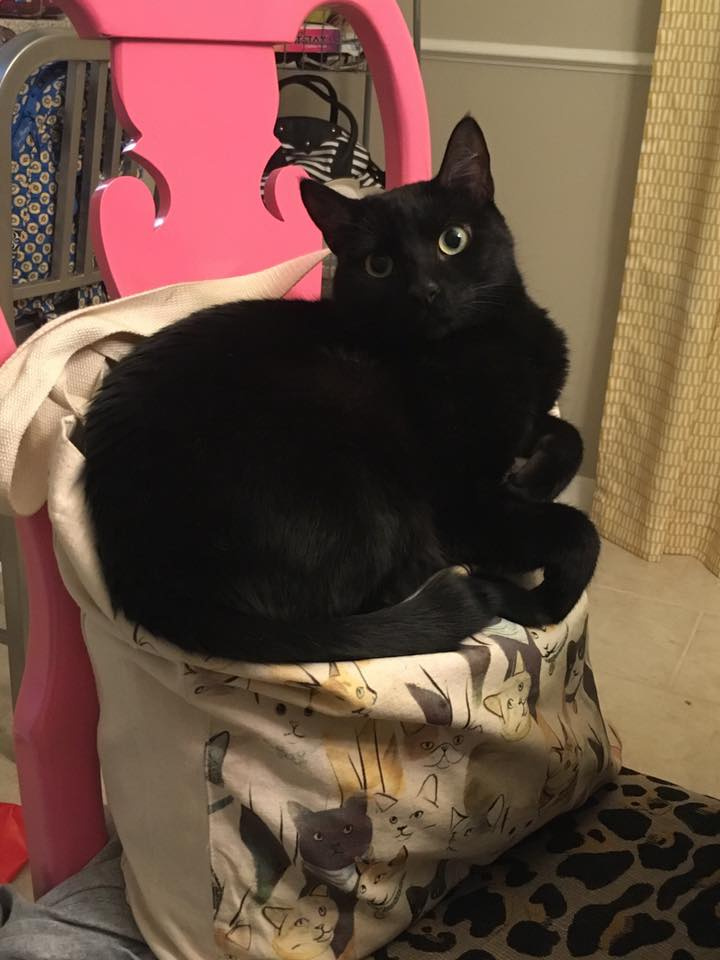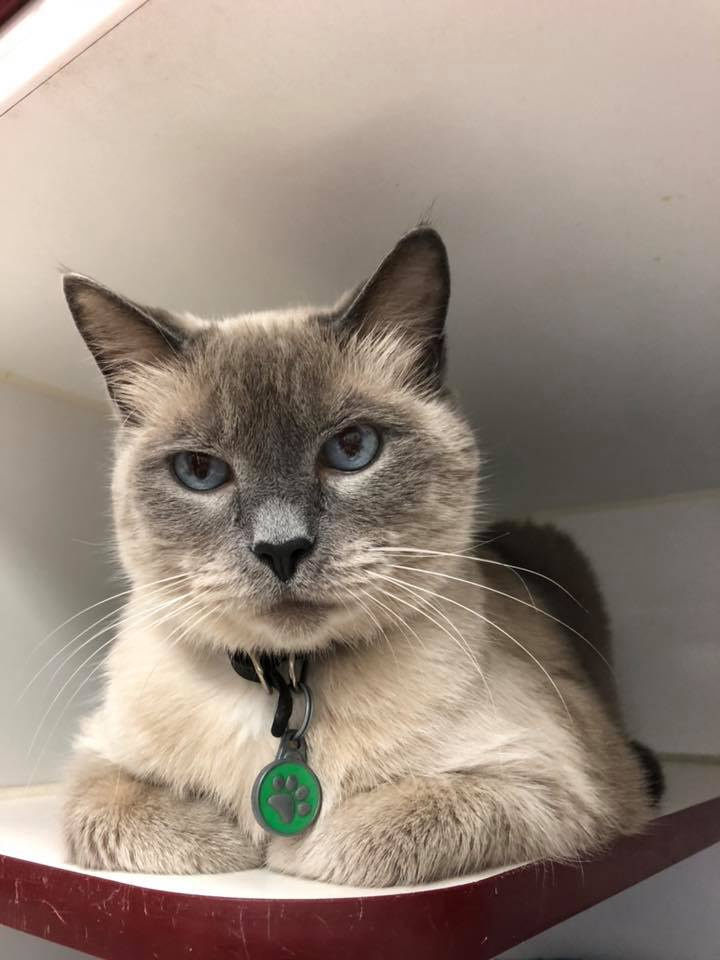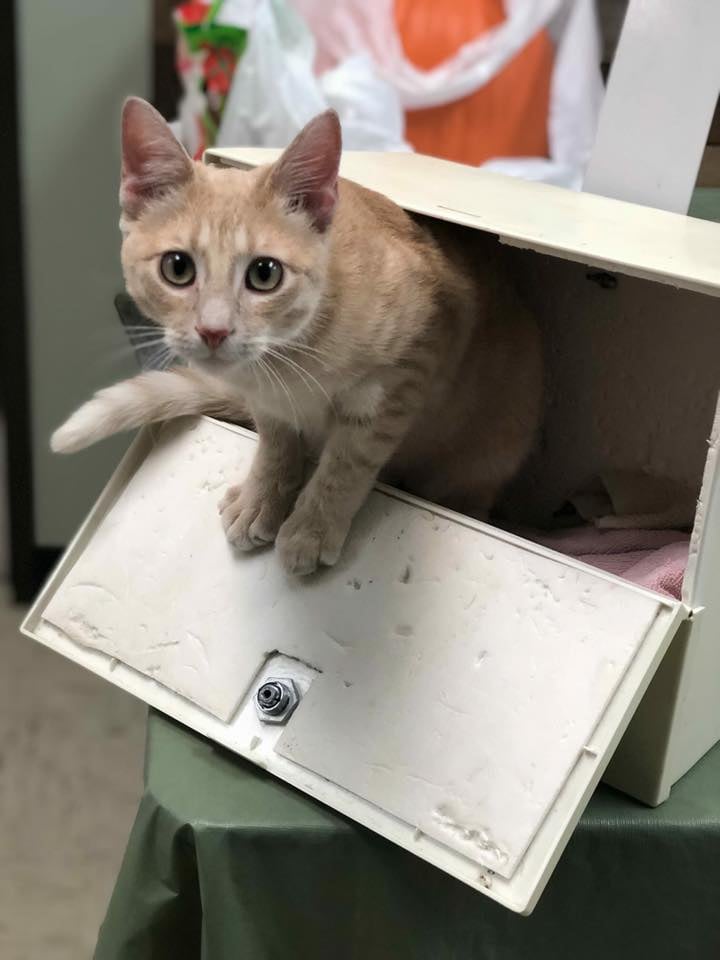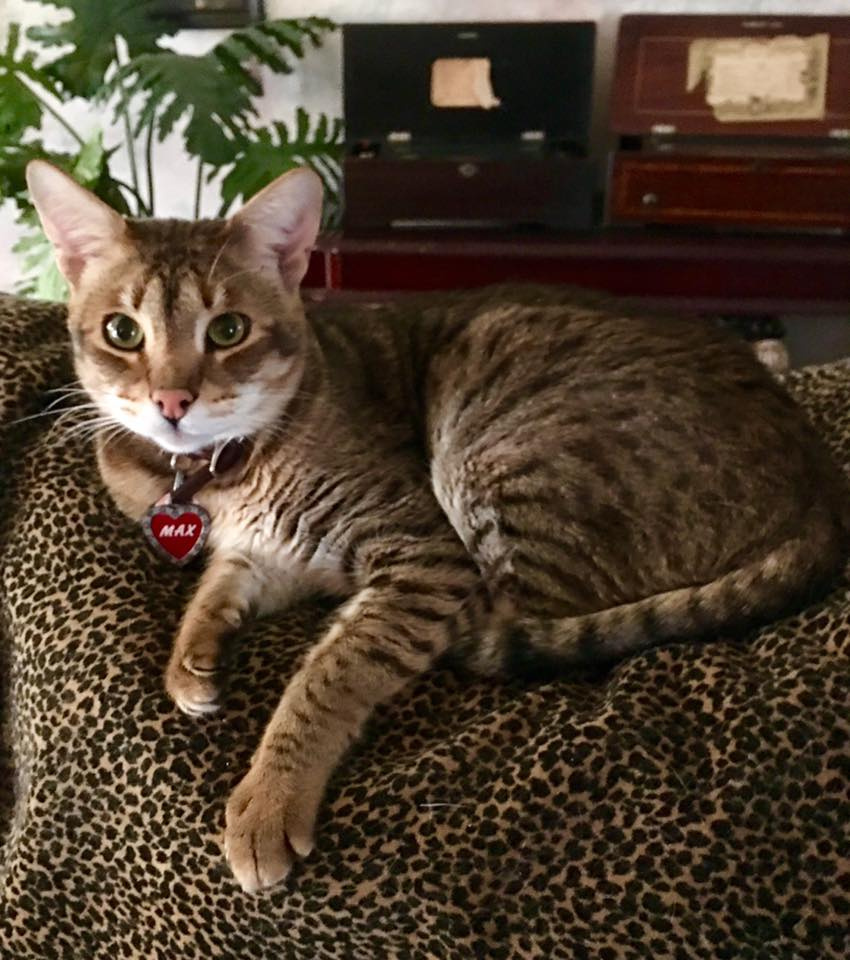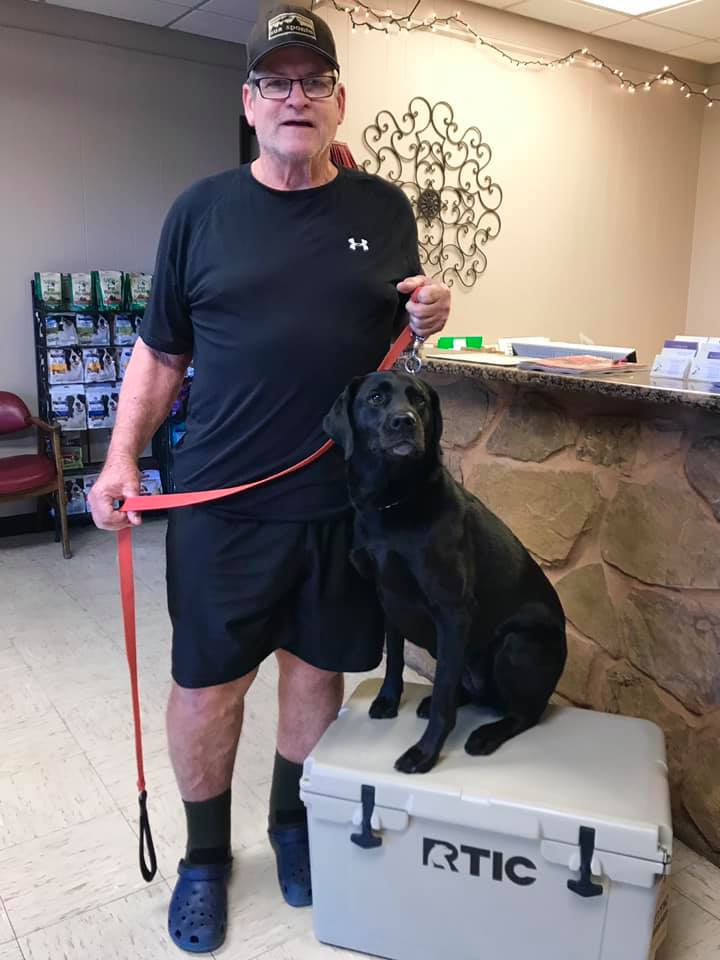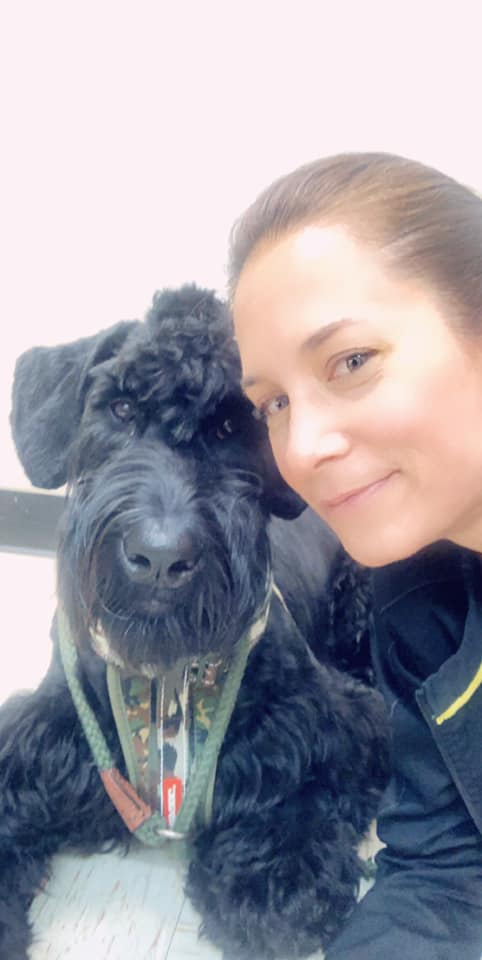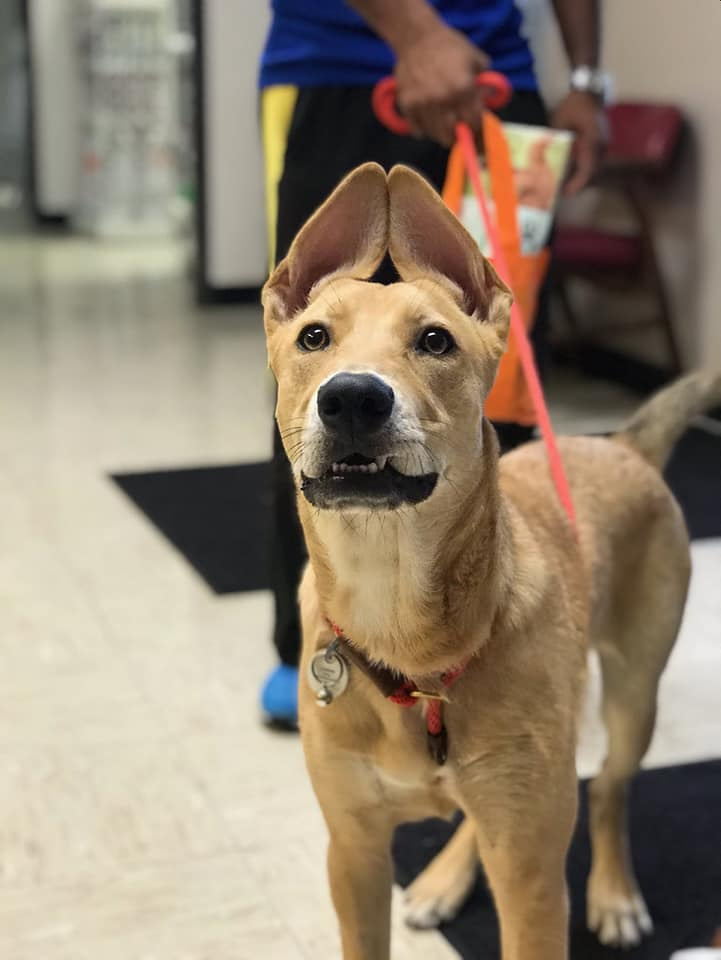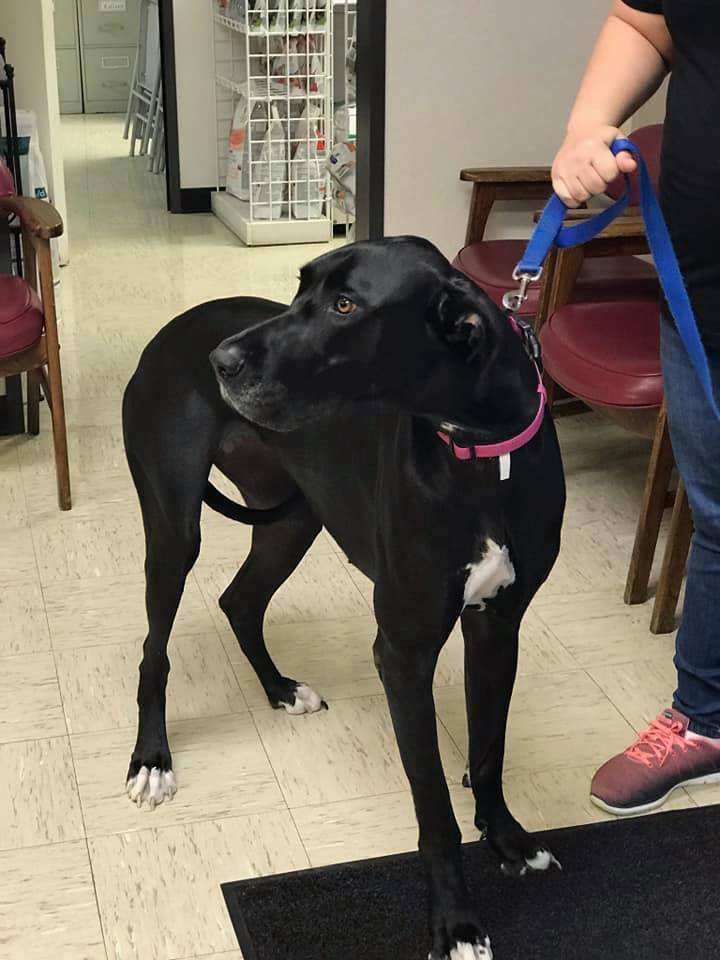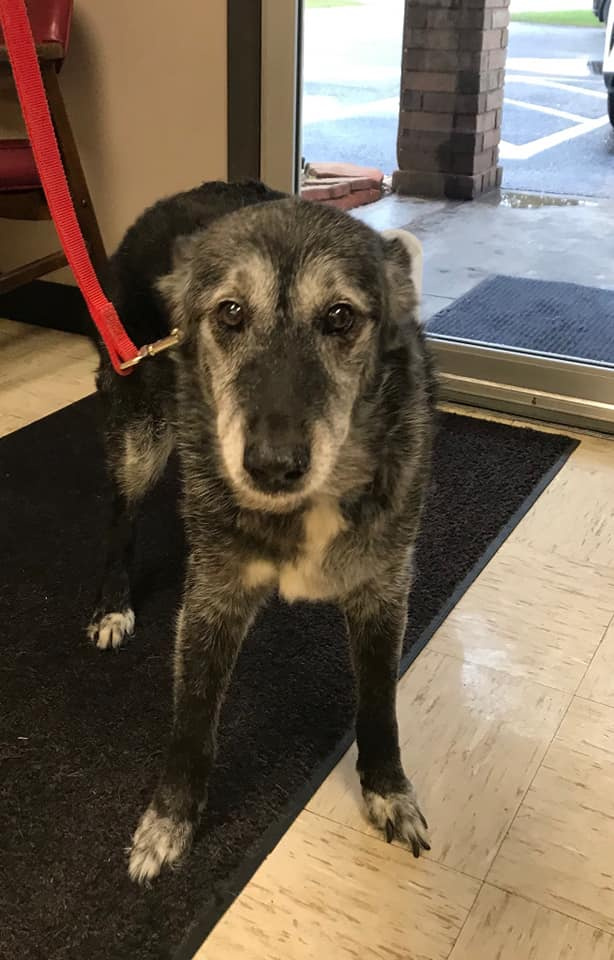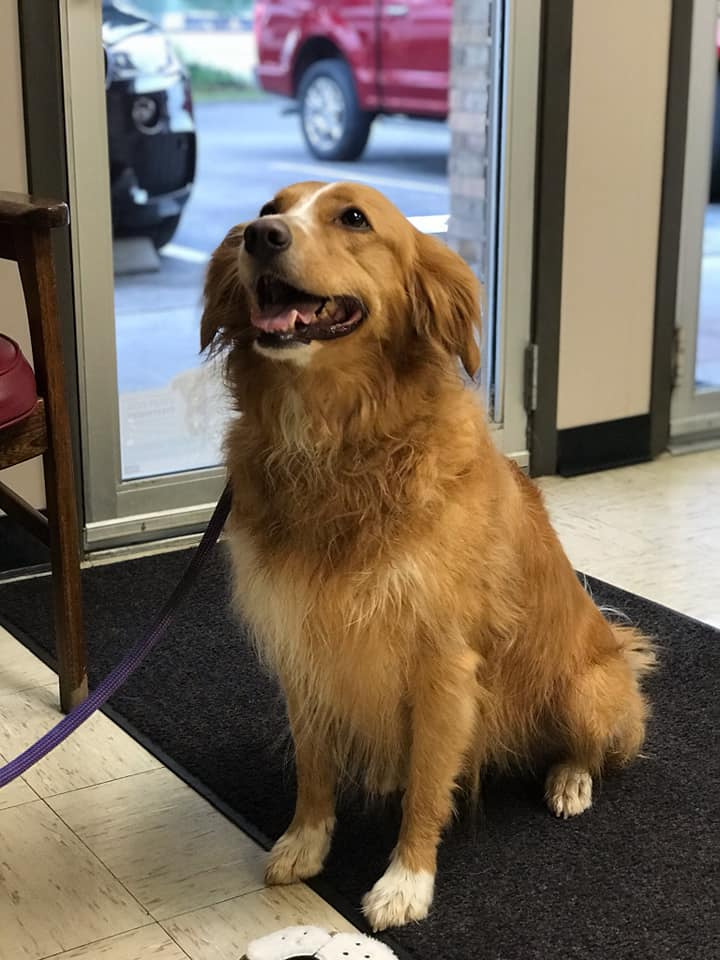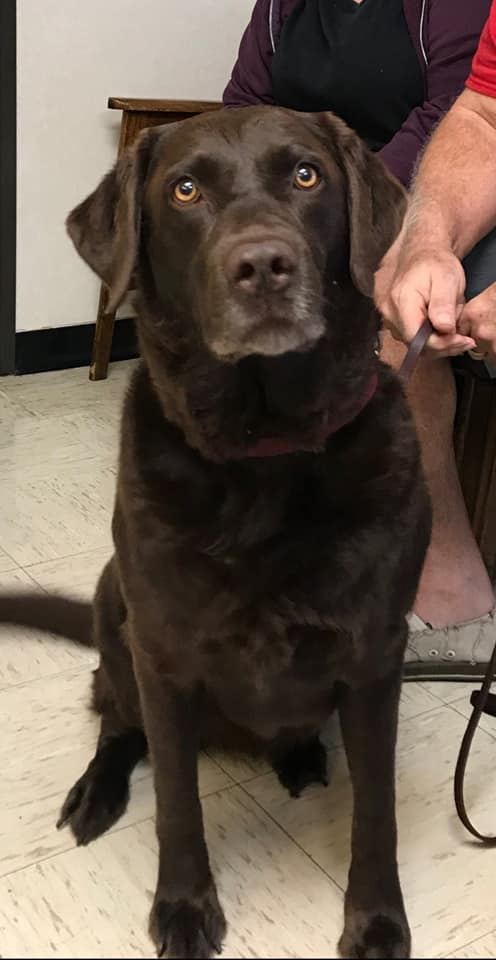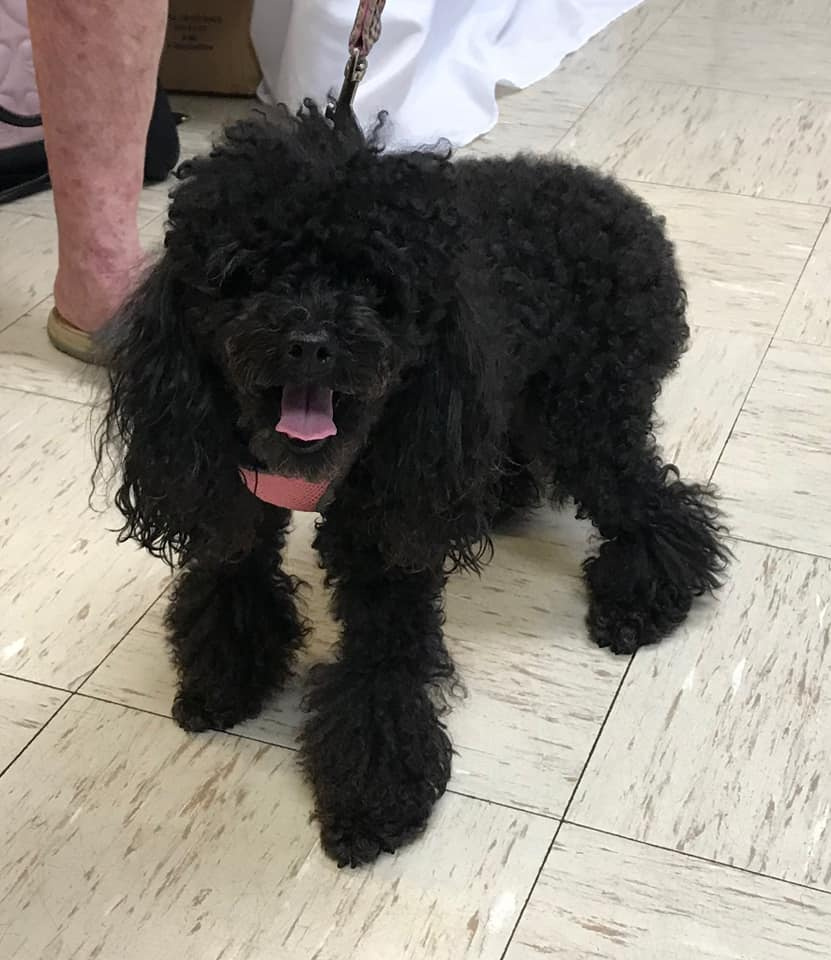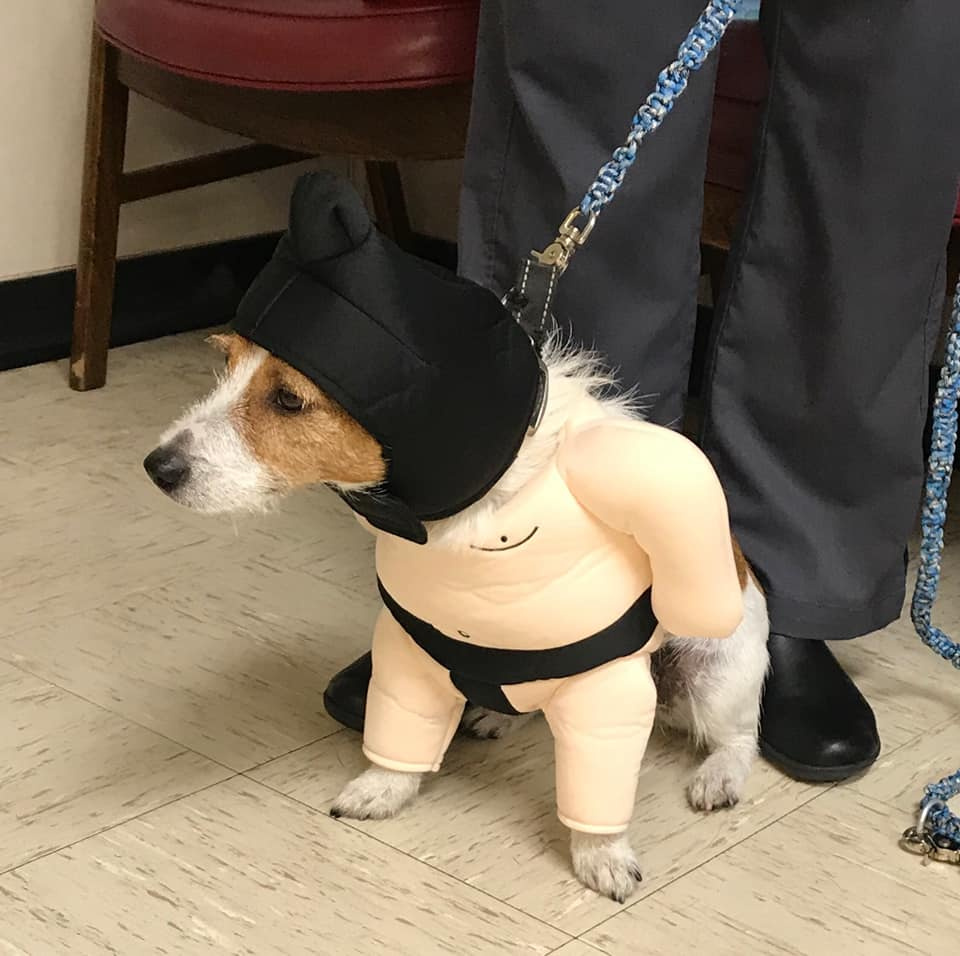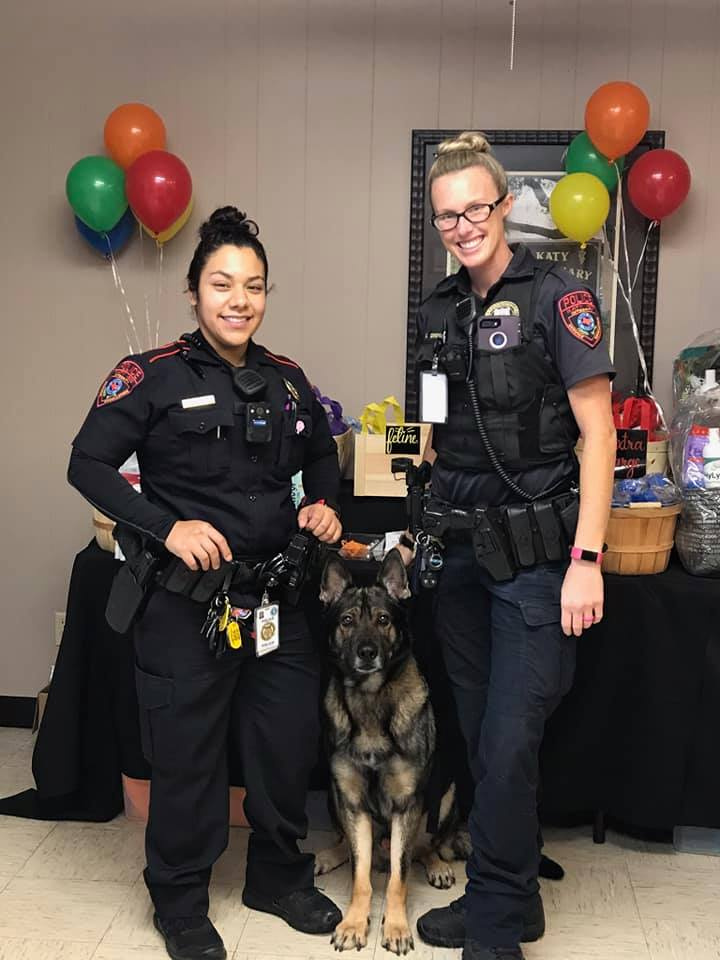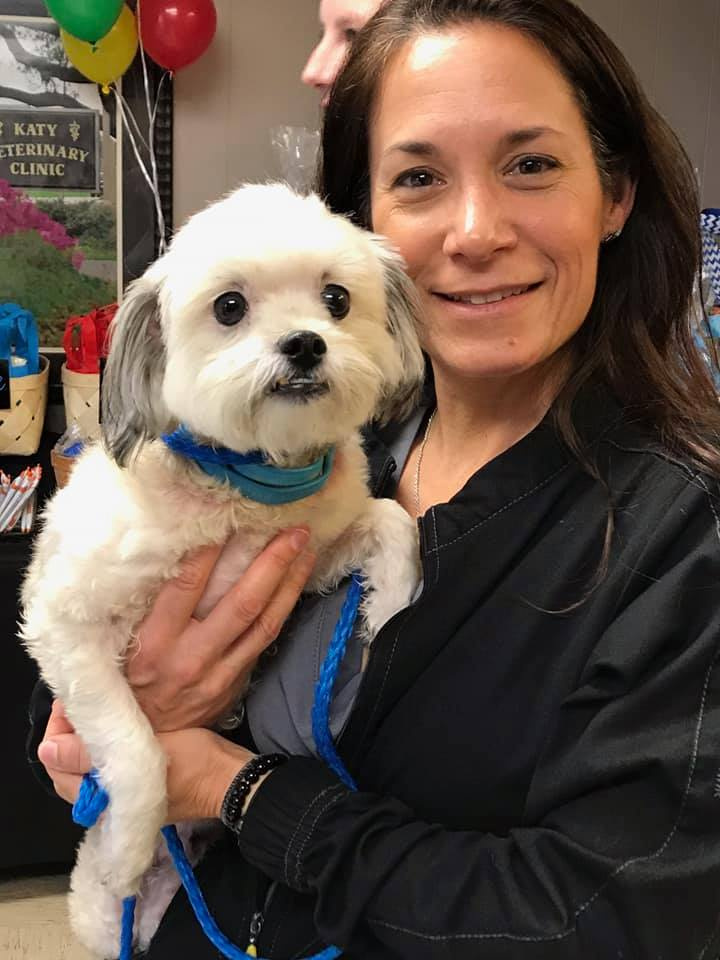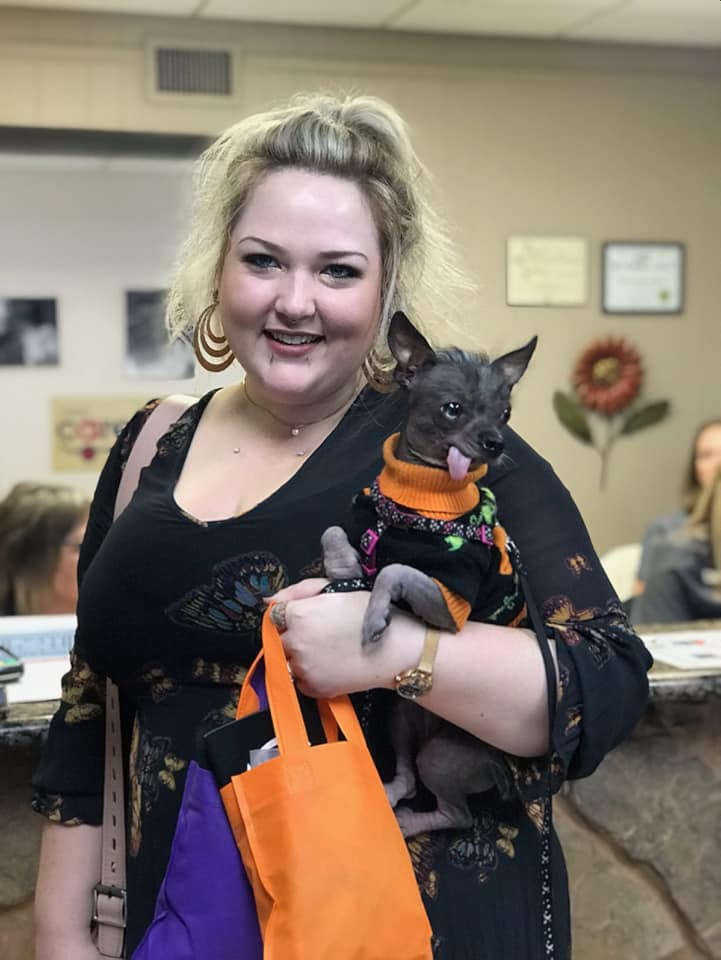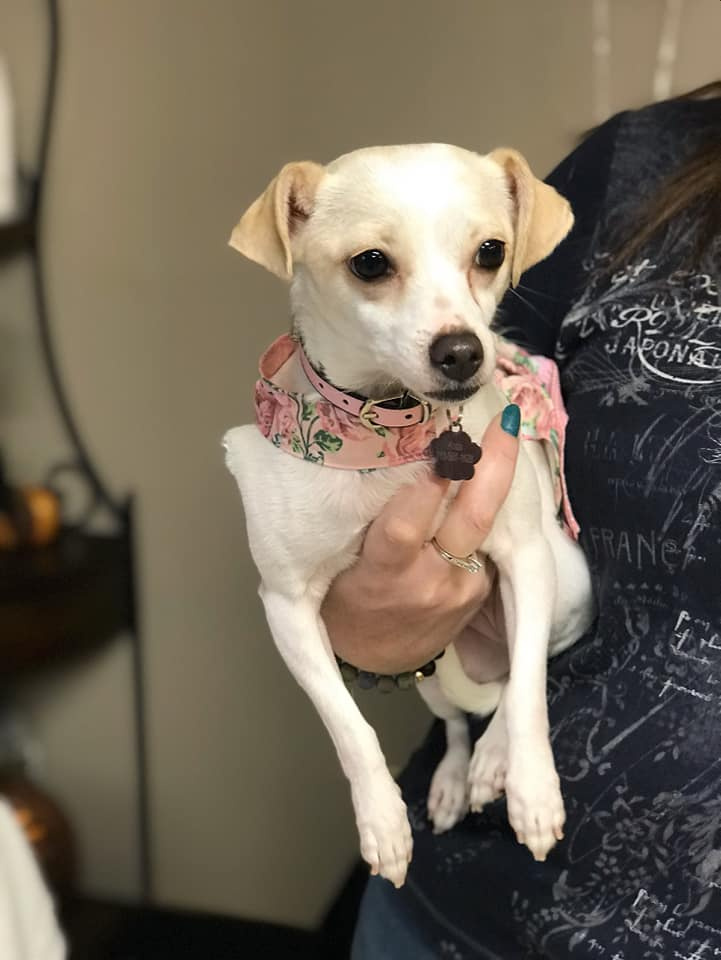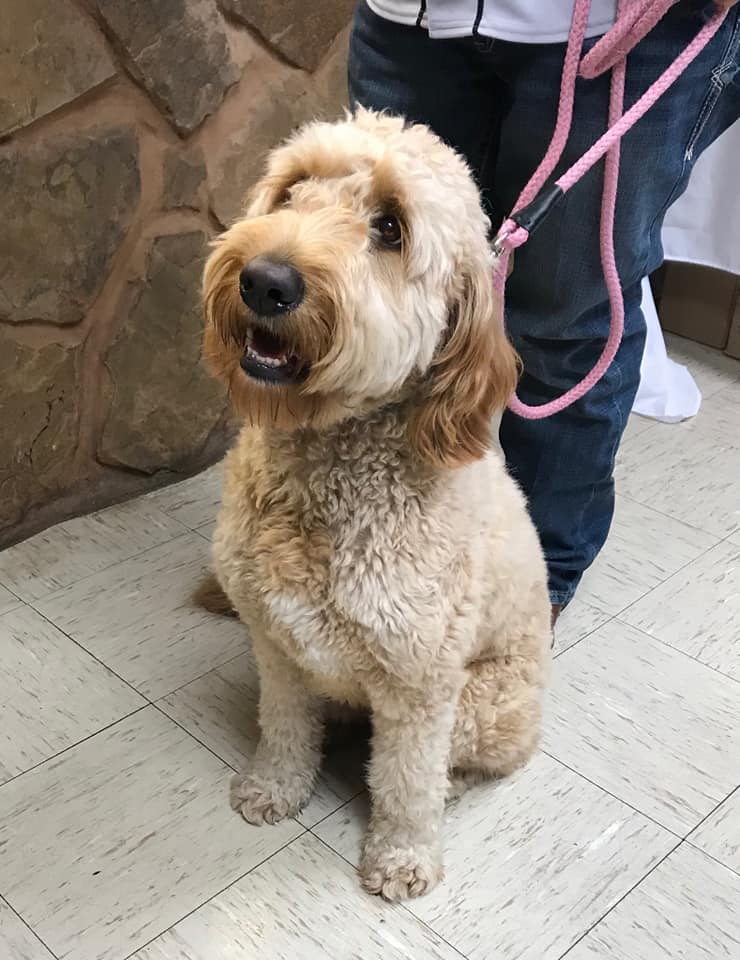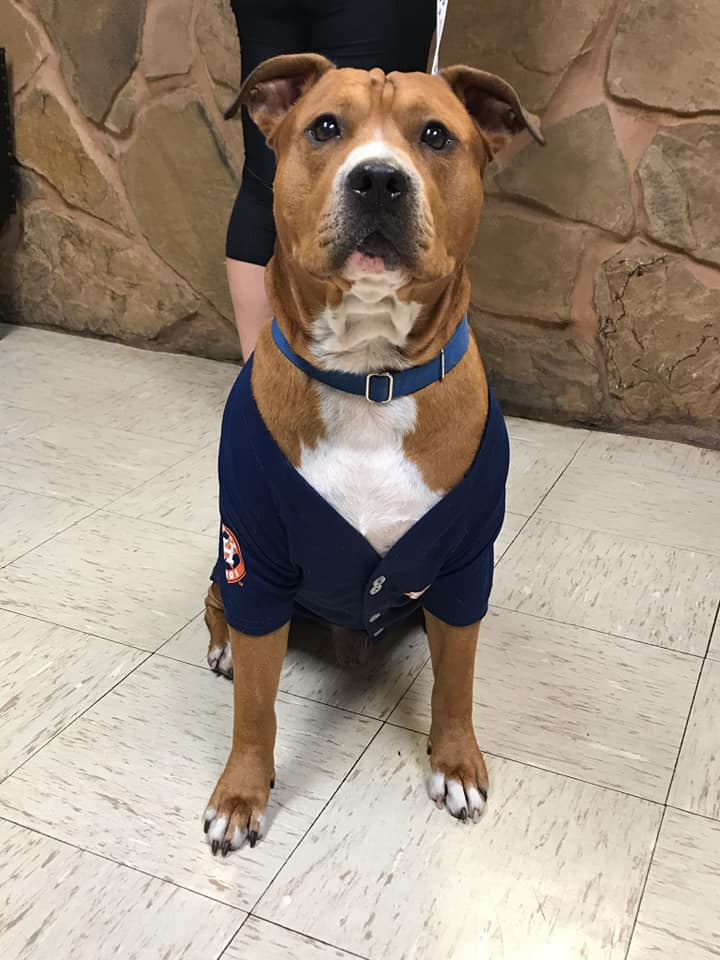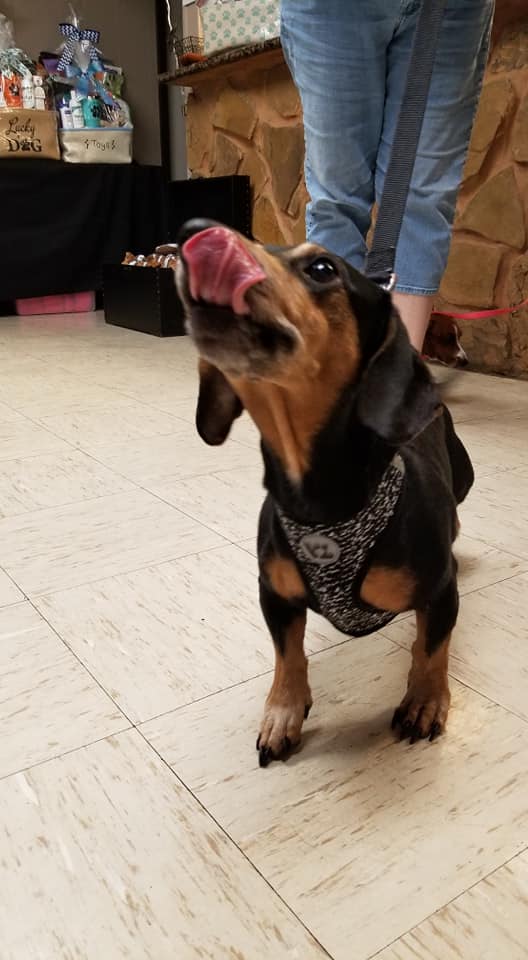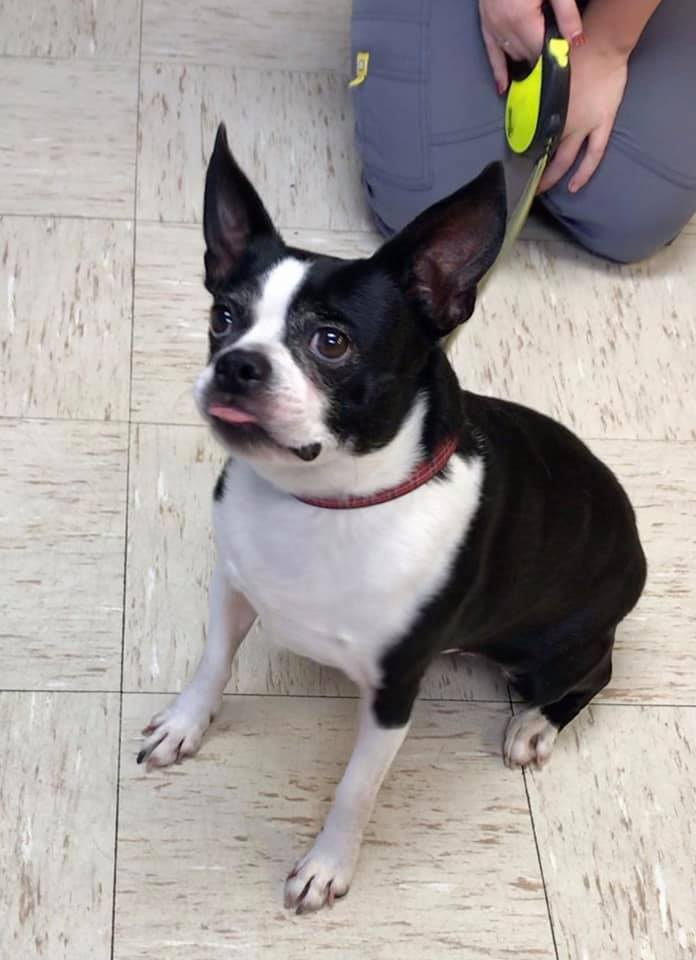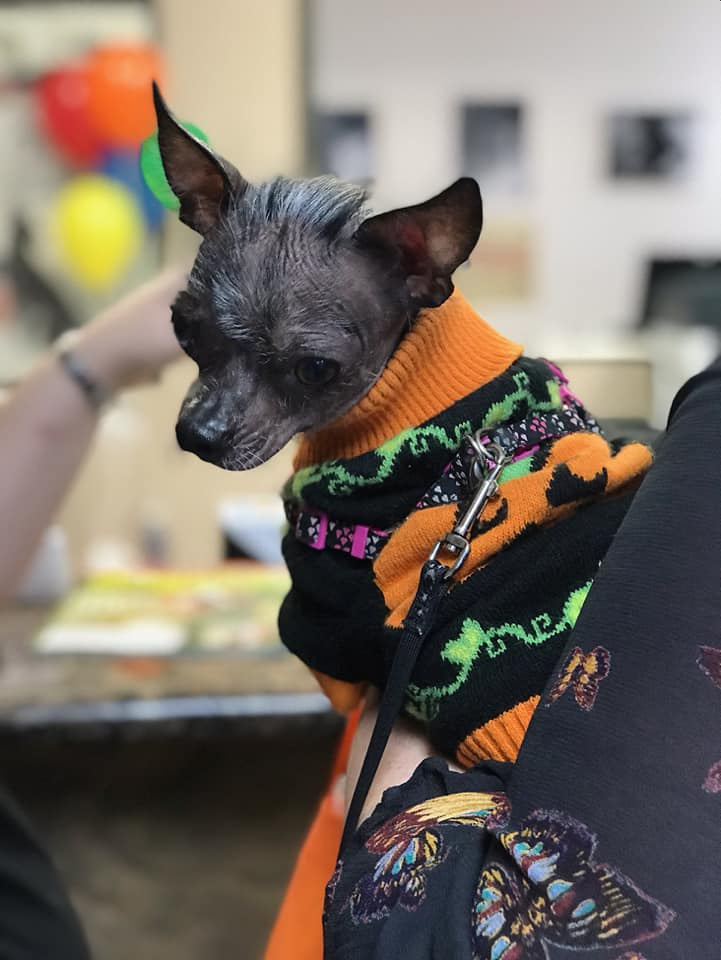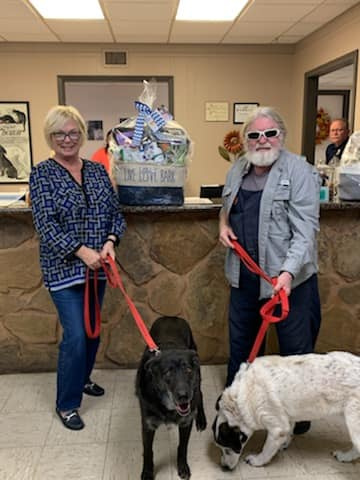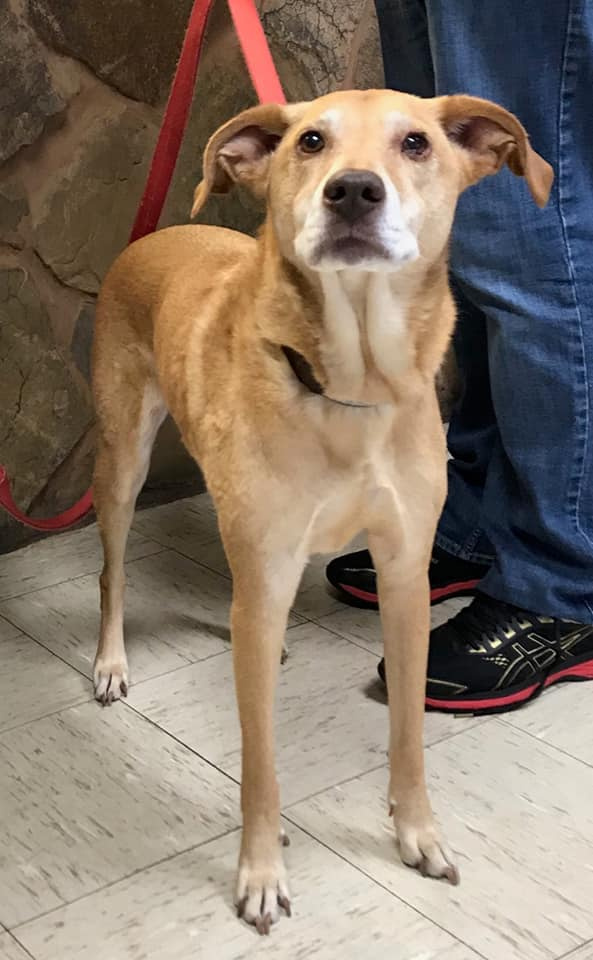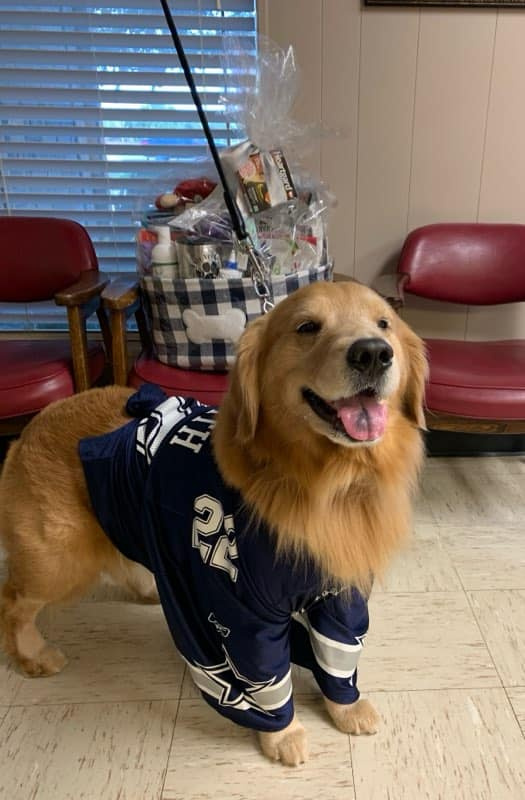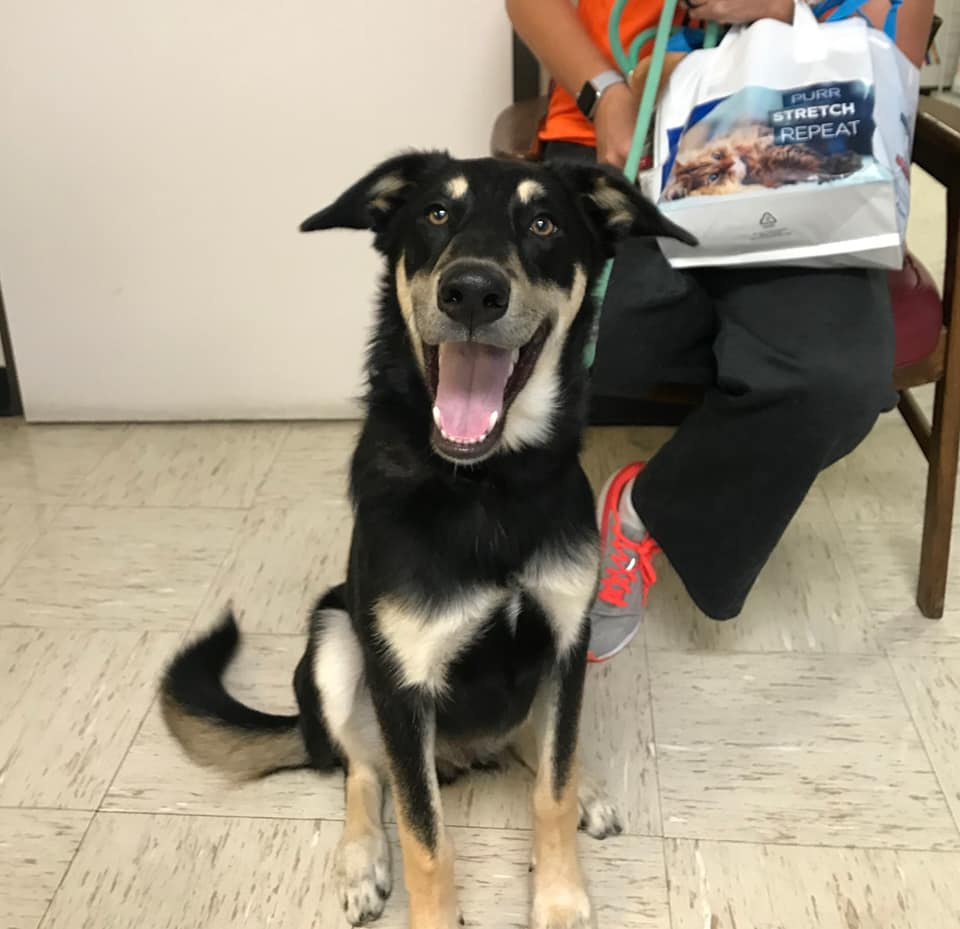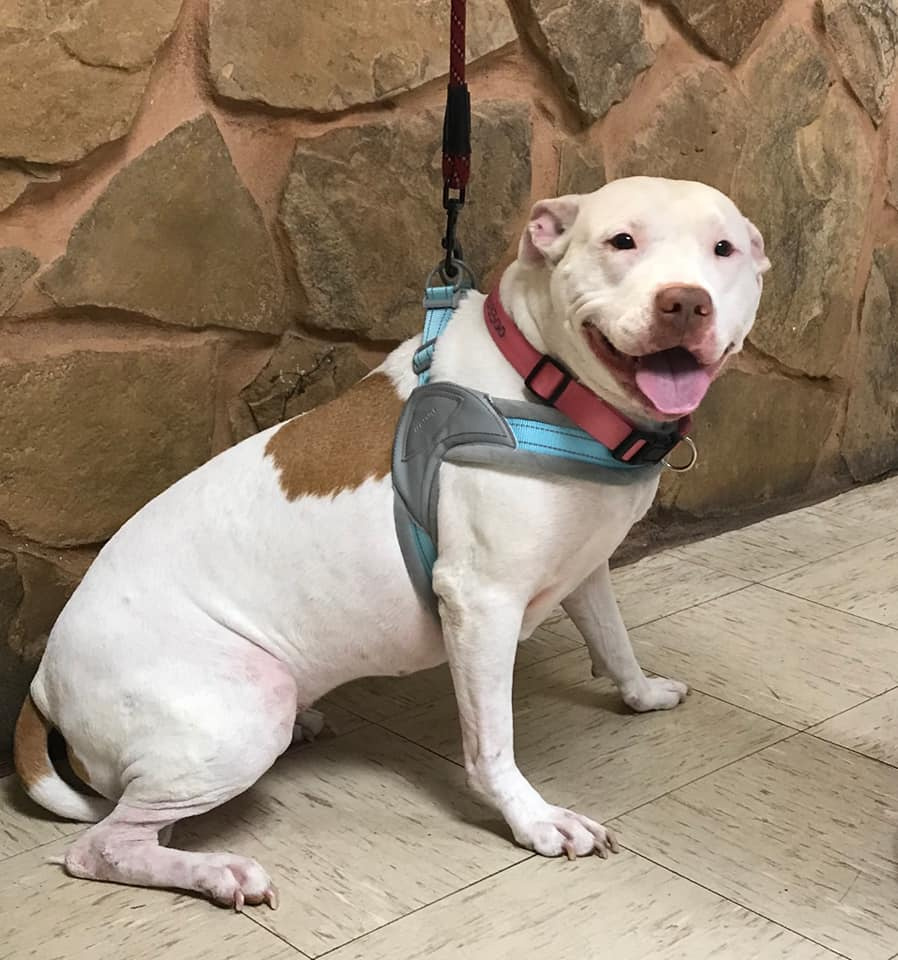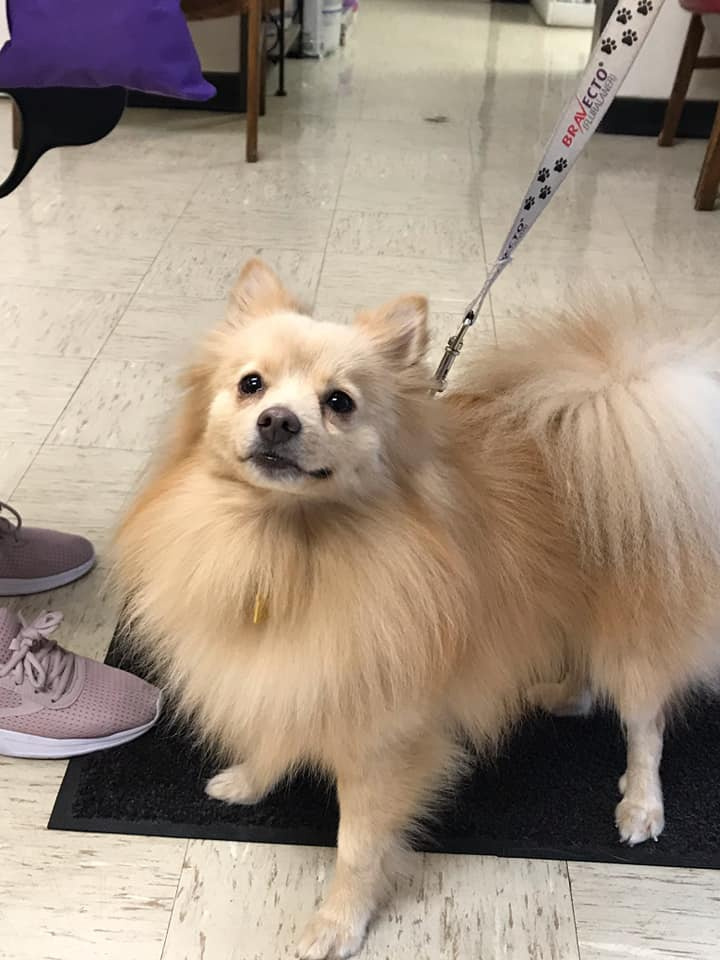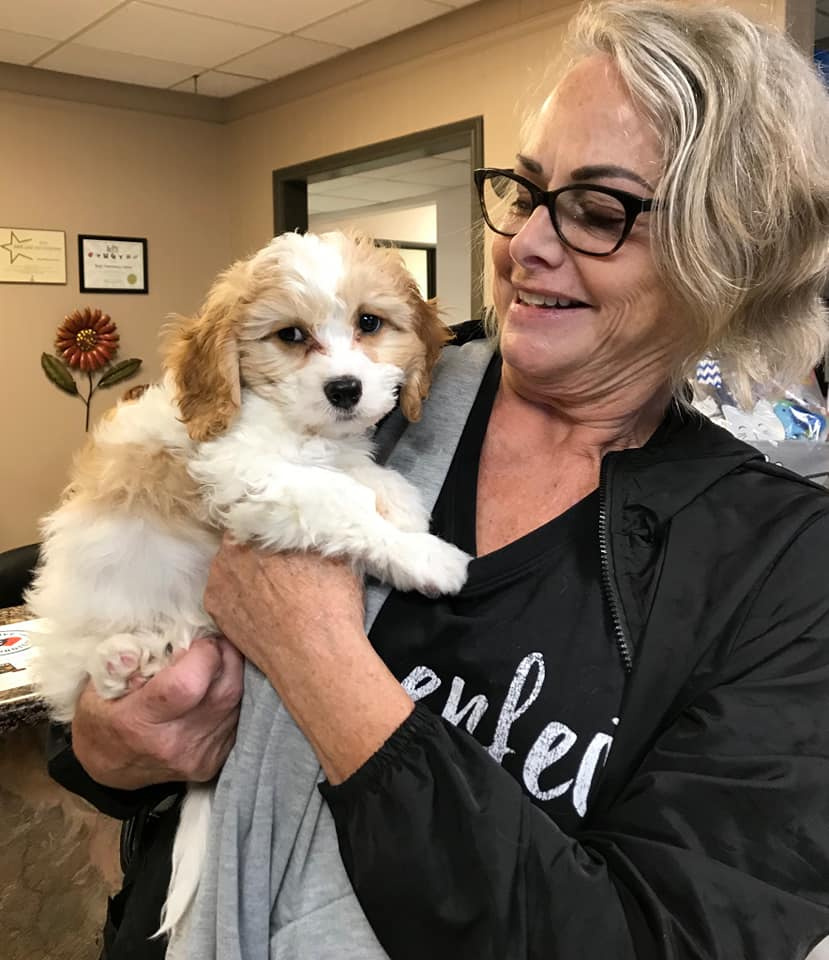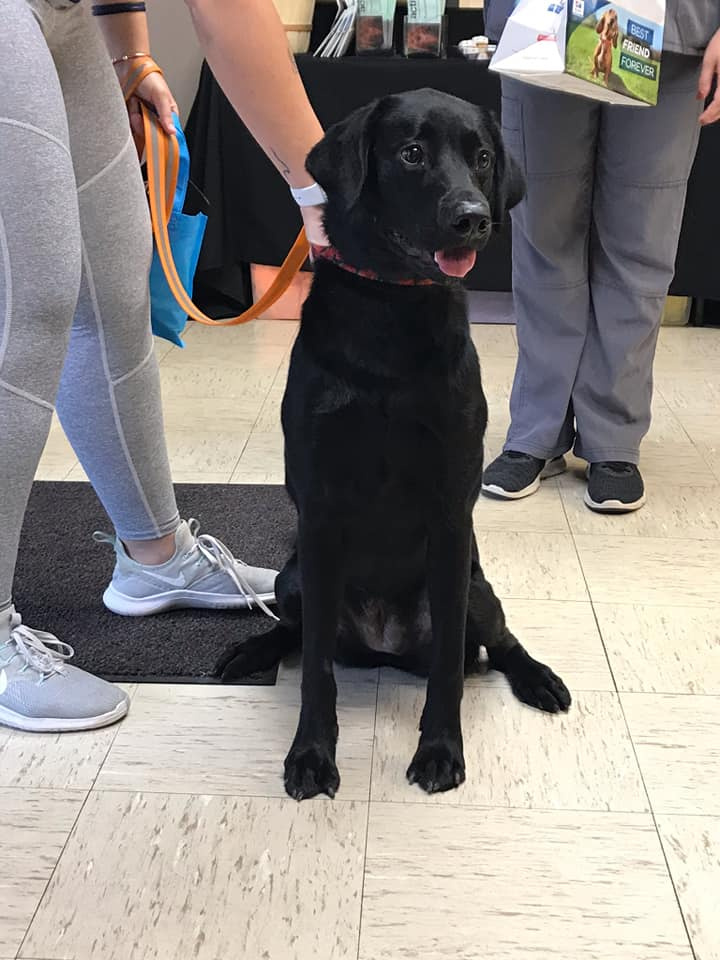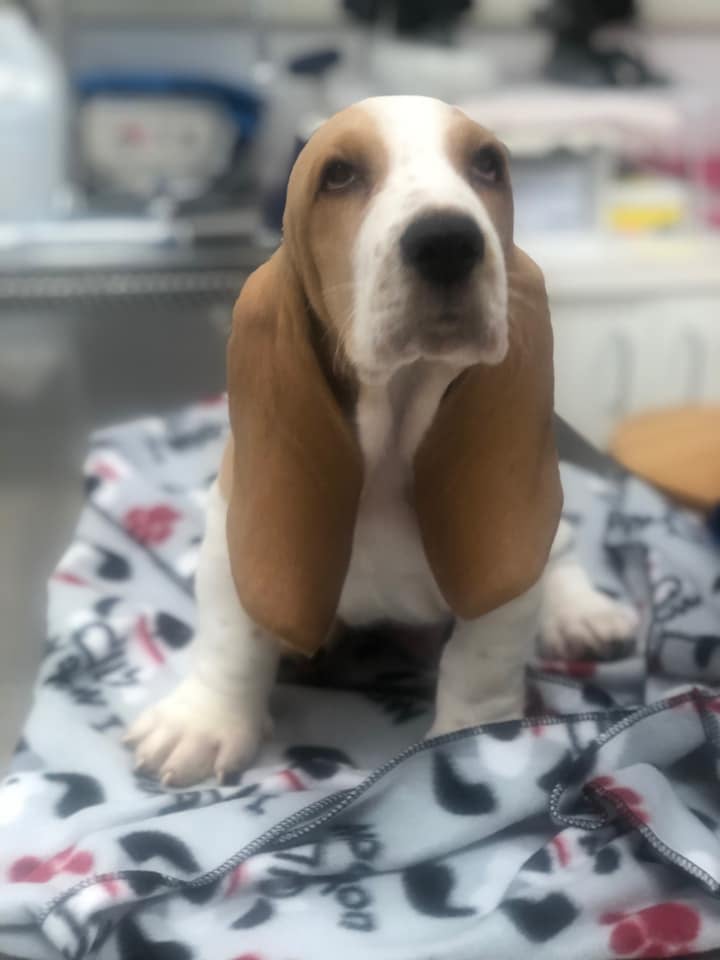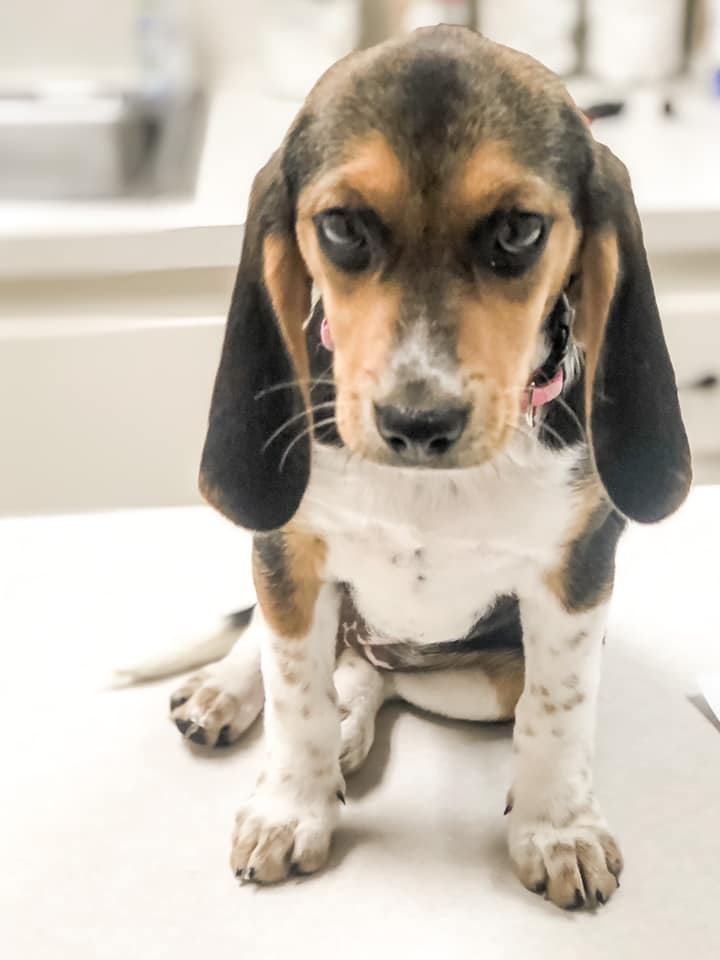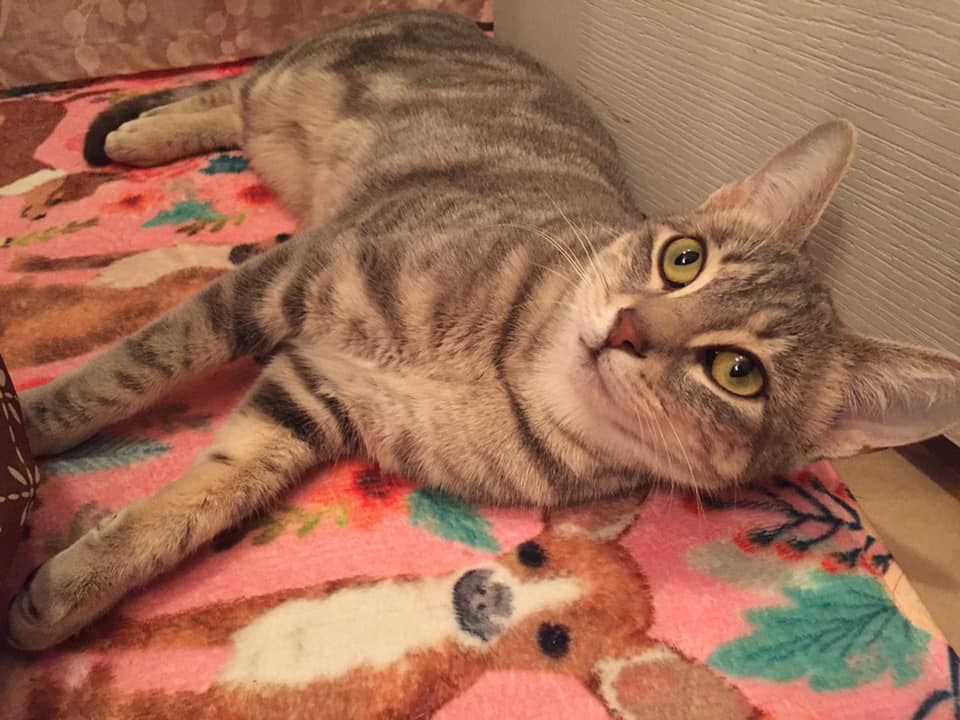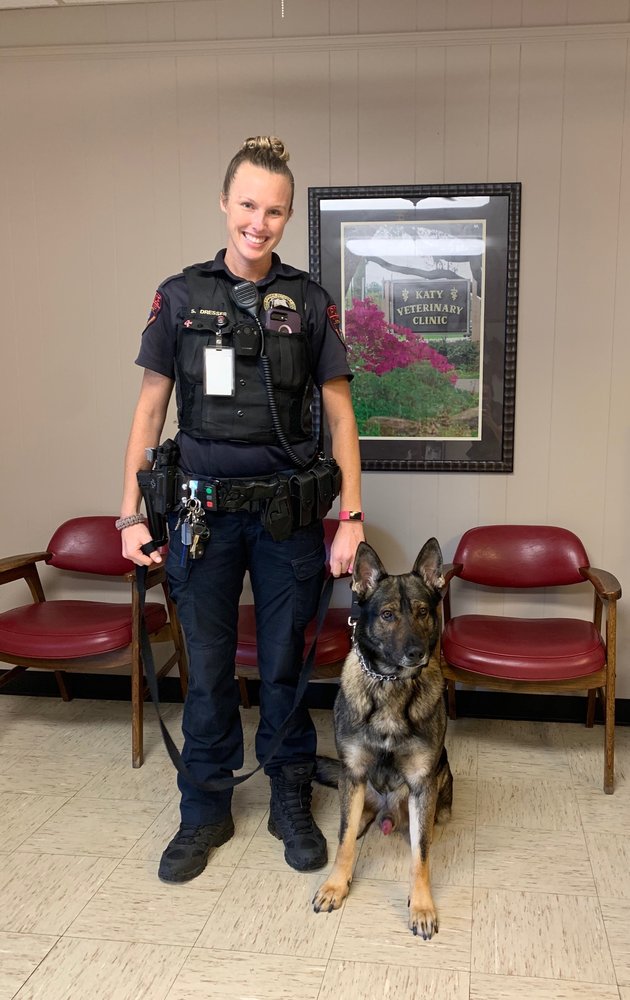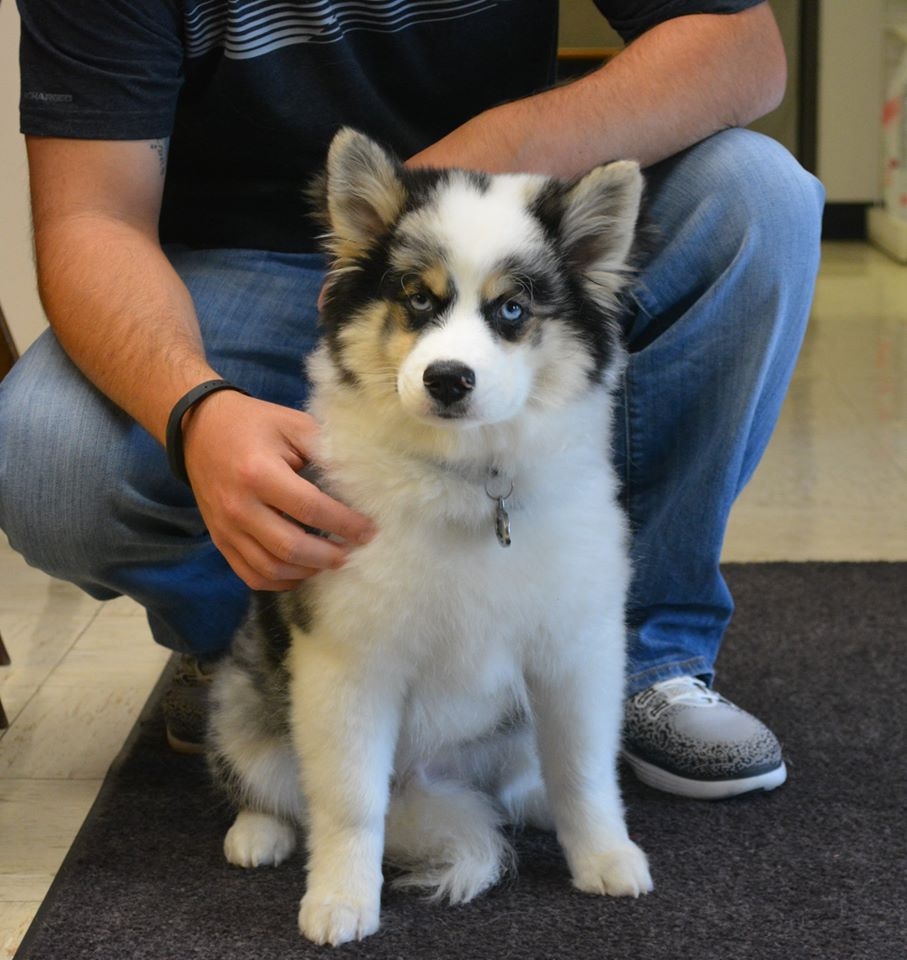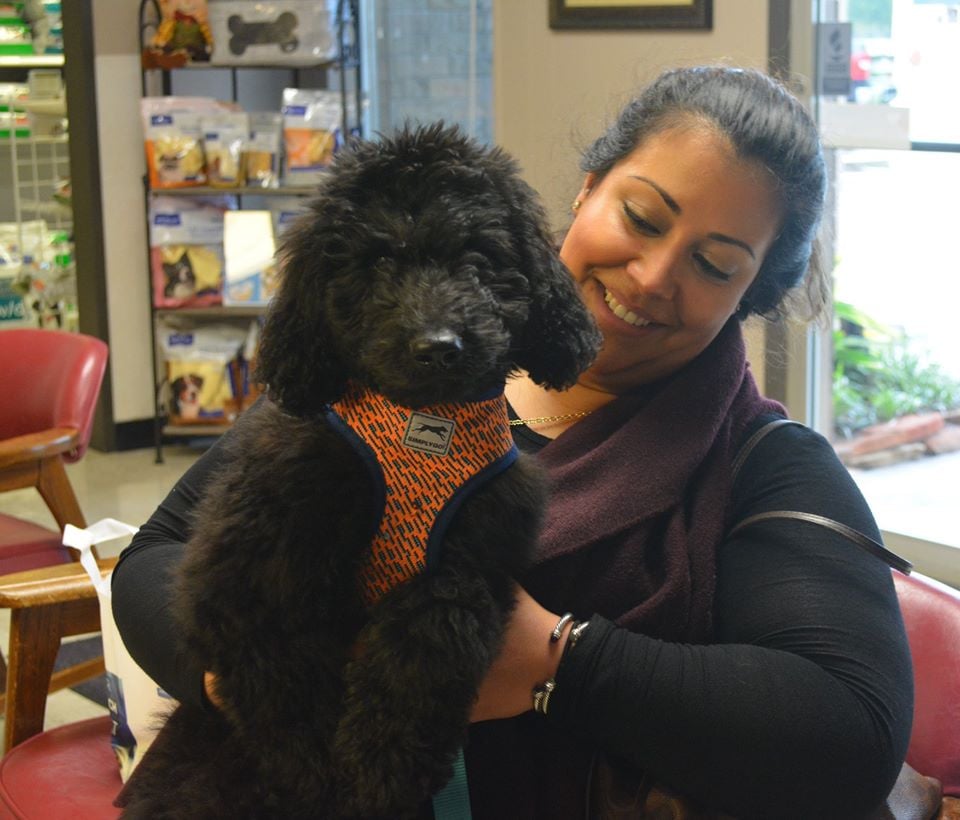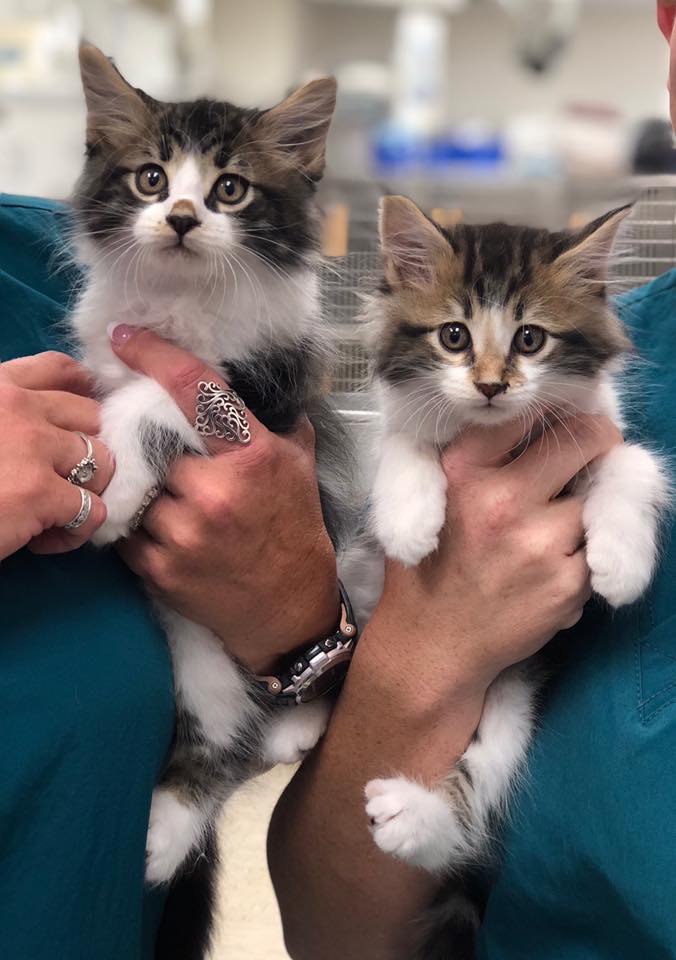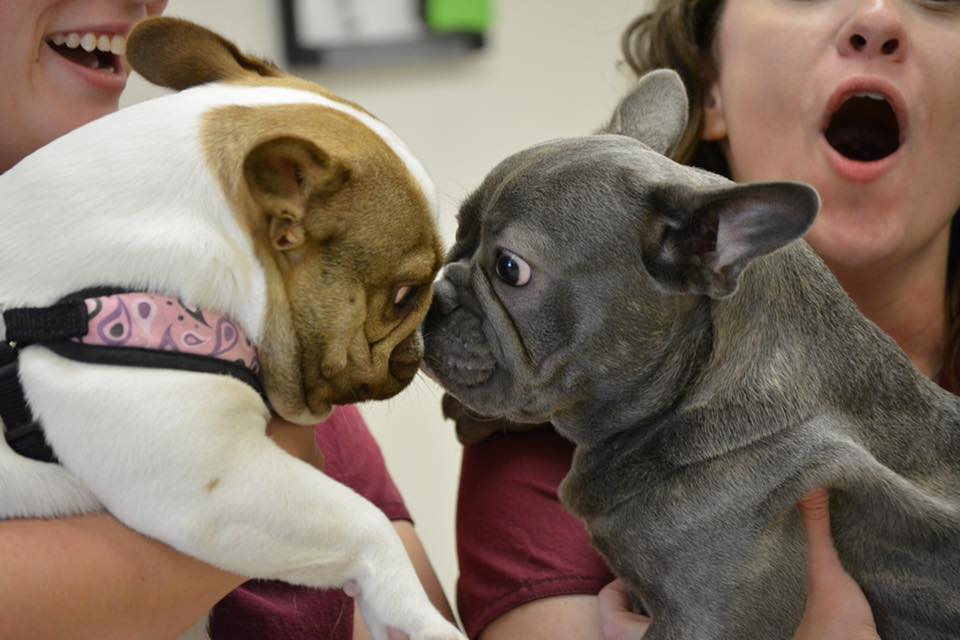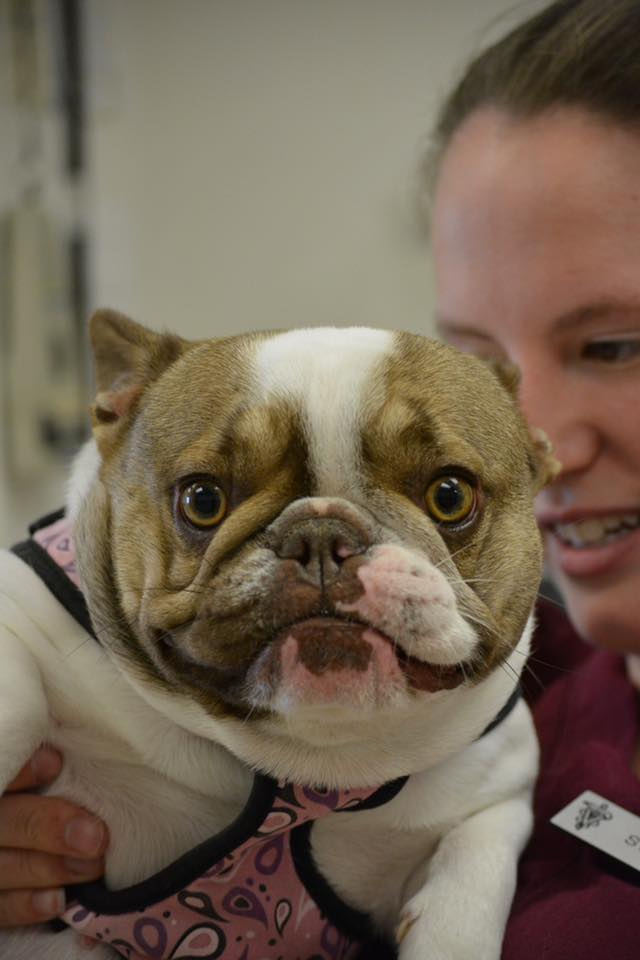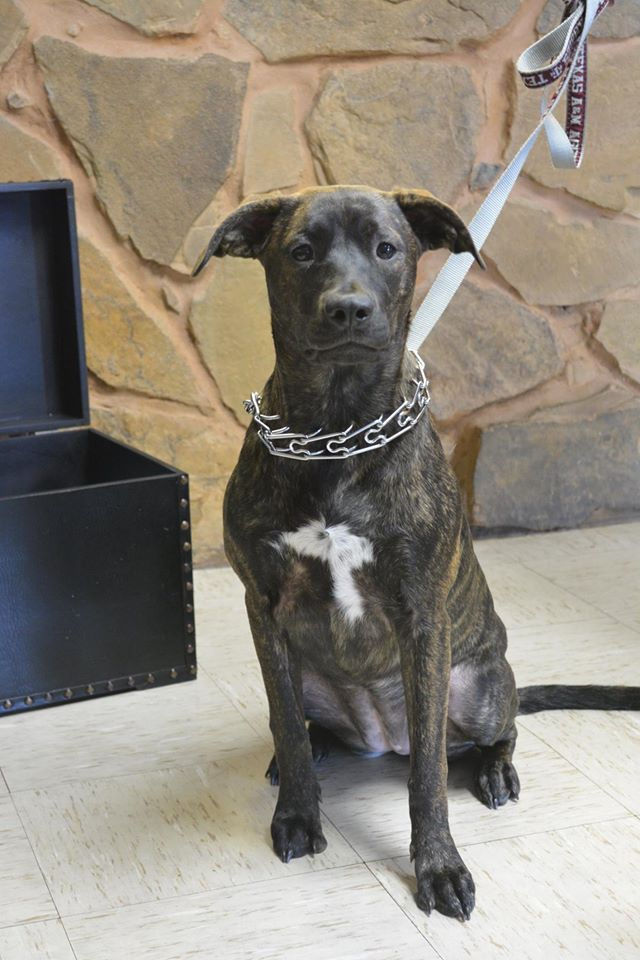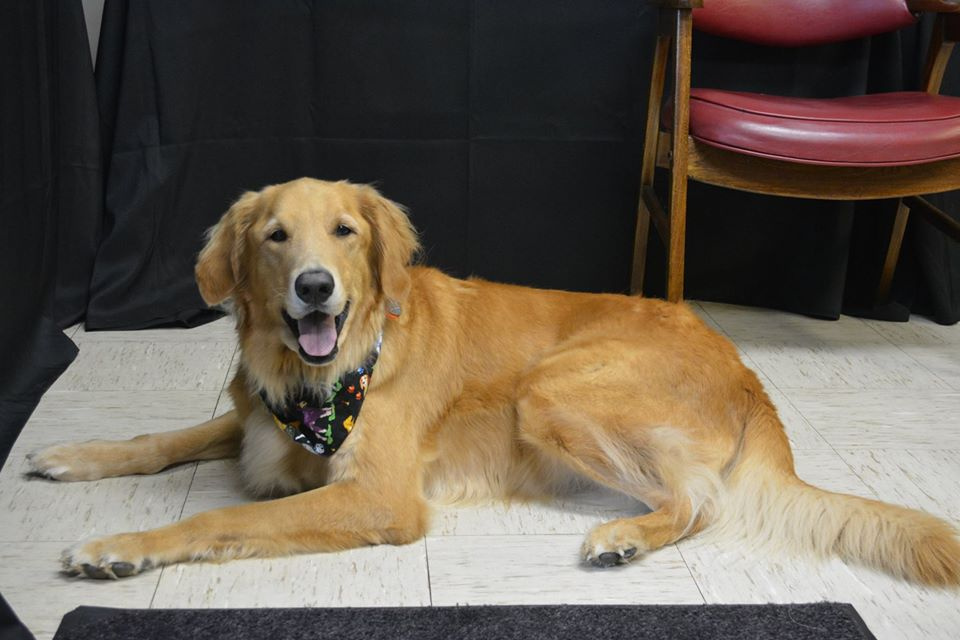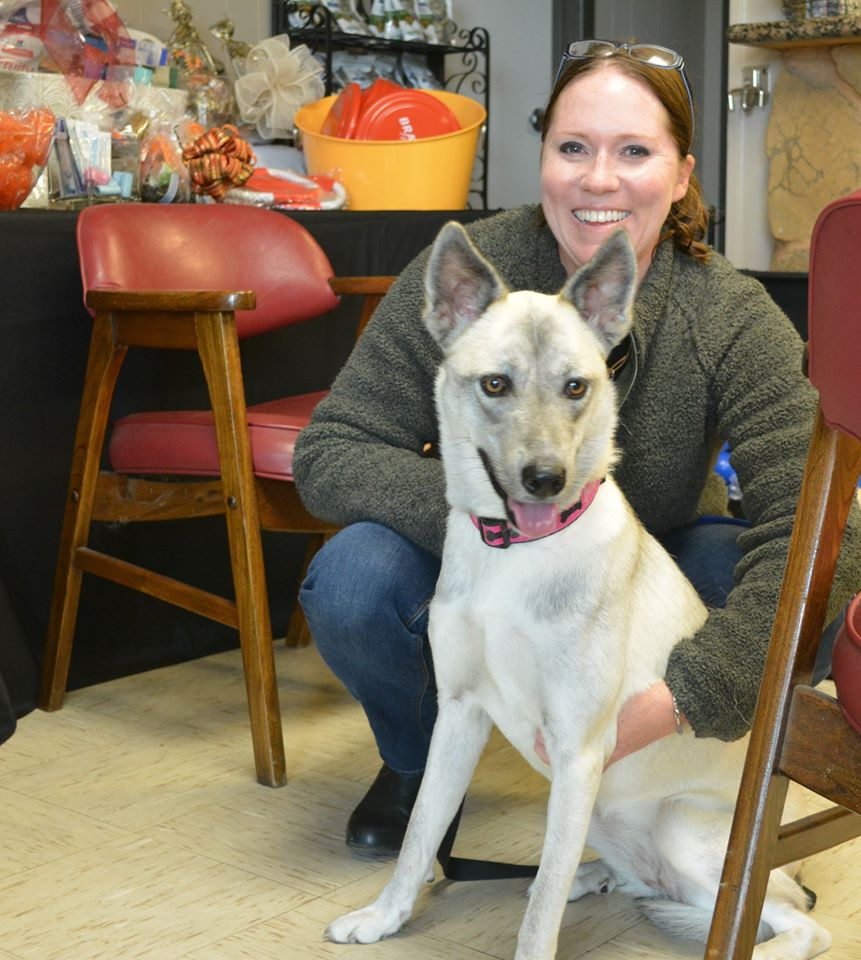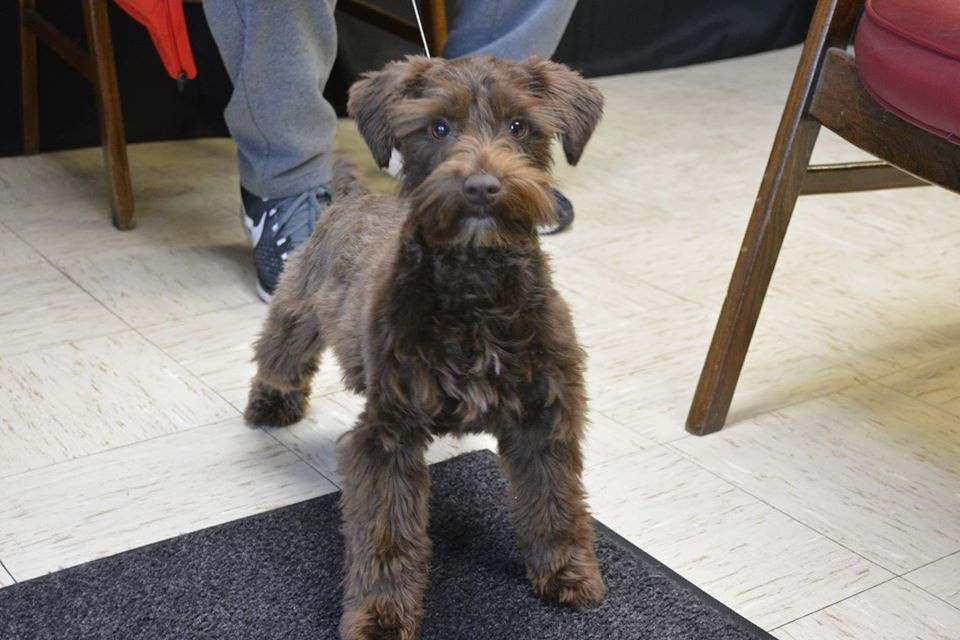FAQs About Spaying or Neutering Your Pet
If you’ve recently adopted a puppy or kitten, you’ve probably been told that you should get them spayed or neutered.
Spaying and neutering are surgical procedures that prevent your pet from reproducing. Both involve removing reproductive organs, but spaying is the procedure for female animals and neutering is the procedure for male animals.
These are some frequently asked questions you may have when it comes to considering getting your pet spayed or neutered.
Why should I spay/neuter my pet?
Spaying or neutering your pet has numerous benefits for both you and the animal.
Spaying your cat or dog will decrease the chances of them developing medical conditions such as uterine infections and breast tumors. It will also stop them from going into heat.
Neutering decreases the chance that your cat or dog will develop testicular cancer and prostate issues. The removal of the testicles reduces testosterone and the resulting aggressive instinct to find a mate, which can help improve behavior. This will prevent your pet from roaming away from home and risking getting hit by traffic, as well as reduce the number of times they mark their territory.
By preventing these medical conditions and behavioral risks, you can save significant veterinary costs in the future.
Additionally, getting pets spayed or neutered can aid in preventing the ongoing problem of stray animals and needless euthanasia of healthy animals caused by overpopulation.
When should my cat or dog have the surgery?
Your cat should generally be spayed prior to her first heat, though it is still possible to have the procedure done during heat. Normally, surgery is suggested between eight weeks and five months of age for both female cats and dogs.
Your cat or dog can be neutered anytime after they reach 8 weeks of age, but the procedure is normally done between six and nine months. The best time for surgery for dogs depends on the breed; consult with your veterinarian if you have questions about your dog’s breed.
Small dogs should be spayed or neutered before they reach five months, but large dogs should not have the surgery until they’re between 12 and 15 months old, or once they’ve stopped growing. This is because there is some evidence that when large dogs are neutered too early, they’re at risk of developing orthopedic issues later in life. However, if you plan to allow your large breed dog to roam before this age, he should be neutered earlier.
What does the spay or neuter surgery involve?
Prior to the procedure, your veterinarian will generally ask that your pet not eat or drink for several hours to prevent vomiting.
During the procedure, your pet will be placed under general anesthesia. For male cats, the surgery is quick and simple, normally lasting no more than two minutes. It will normally take between fifteen and twenty minutes for female cats, unless the cat is in heat, in which case it will last longer, as the reproductive tracts are more fragile and will hold more blood at this time.
The length of surgery for your dog is more variable, due to age, size, and breed. For male dogs, surgery lasts between five and twenty minutes. Female dogs take the longest, with surgery lasting between twenty and ninety minutes.
How long will it take my pet to recover?
Immediately following surgery, your pet will usually wake up within 10–30 minutes. Your pet will experience some pain, but they will be given pain medication prior to the start of the surgery, as well as during recovery at home.
For up to two weeks afterward, you should prevent your pet from being overly active—no running or jumping. Prevent them from licking the incision site, and keep them from getting wet for at least 10 days. Check to see how the incision is healing each day, and if anything looks out of the ordinary or if your pet is behaving lethargically, please contact your vet.
After about two weeks, your pet should be back to normal health—and hopefully, even better health and behavior in the future!
If you’re ready to  schedule a spay or neuter surgery for your pet or have additional questions about spaying or neutering,
schedule a spay or neuter surgery for your pet or have additional questions about spaying or neutering,  contact a member of our team at Katy Veterinary Clinic today!
contact a member of our team at Katy Veterinary Clinic today!



